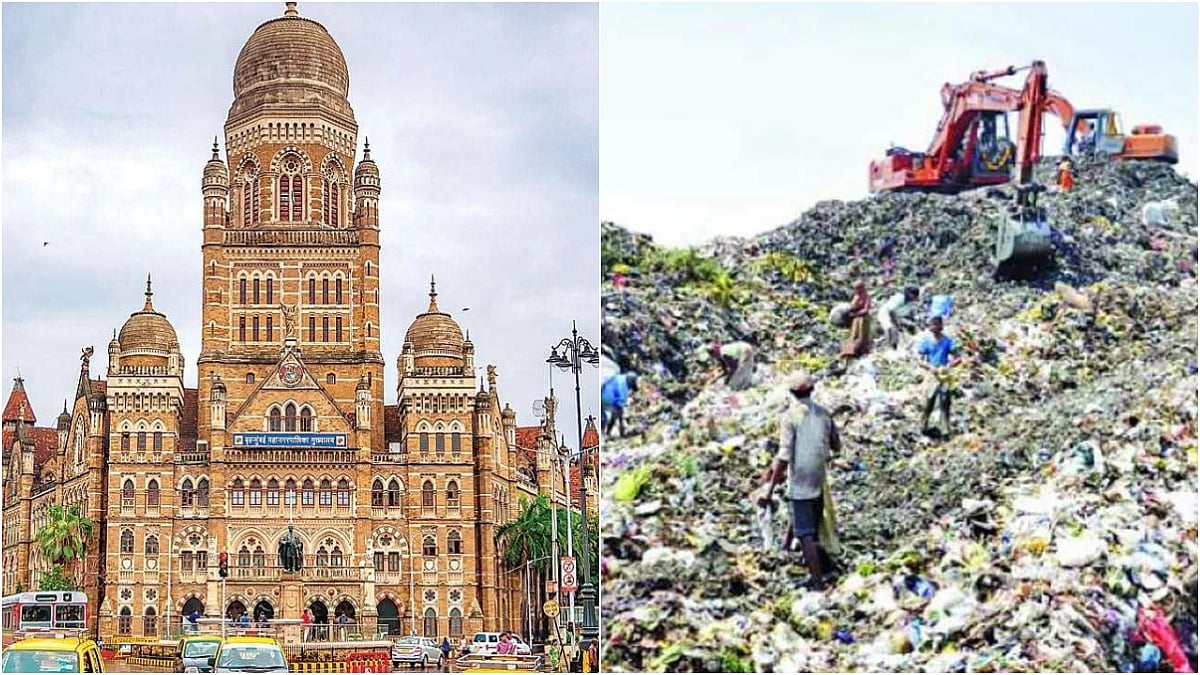While the story seems unbelievable and appears to be a ‘story’, ex-Consul General of Japan in Mumbai Dr Fukahori Yasukata believes that Japanese have borrowed Indian Gods long ago before the 6th century and somewhere down the line, because the names where changed, the fact their Gods originated from India was forgotten.
An ideal example that he mentions in his book - India and Japan: Two Most Religiously Matured Nations – is of Lord Shiva, who is also known as Mahakal. To quote from his book: ‘Lord Shiva was introduced to Japan by his other name, Mahakala, and then his name became Daikokuten. Maha means big and the Japanese word for big is Dai. Kala means black and the Japanese word for black is koku. Ten is a postfix for gods. Therefore, Daikokuten literally is the direct translation of Lord Mahakala.’ (sic) Dr Fukahori has given a list of 15 Indian gods and their Japanese counter parts, with pictures, in his book.
Shiva = Daikokuten
Saraswati = Benzaiten
Indra = Taishakuten
Laxmi = Kisshoten
Skanda/Kartikeya = Idaten
Varuna = Suiten
Kubera = Bishamonten
Vishnu = Naraenten/Bichuten
Chandra = Gatsuten
Bramha = Bonten
Surya = Nichiten
Yama = Enmasama
Garuda = Karura
Naga = Ryujin/Jashin
Ganesha = Kangiten/Shoden

This said, Dr Fukahori goes on to explain how it was his continuous interaction with Indians during his tenure as Consul General of Mumbai that gave him the insight into Hinduism.
Lockdown Reading
“I had read the Bhagvad Geeta, Ramayana and Mahabharata earlier when I was in Delhi. During Corona, when I was confined to my residence, I read all Vedas, Upanishads, Manusmriti… and many other documents like Upadesa Sahasri by Adi Shankara, related to the culture and religions of India,” says Dr Fukahori. His study of India was not restricted to Hindu scriptures.

He also read the Quran and Hadiths, nine basic Confucius books, Christian and Jewish Bibles, Guru Granth Sahib and dozens of original Buddhism sutras that helped form the Japanese Buddhism almost 1500 years ago. “I also read philosophical books by eminent authors like Hegel, Spinoza, Immanuel Kant, and books written by Mahatma Gandhi, Dr Ambedkar and Vivekanand.”
Dr Fukahori found during his study that the caste system that currently exists in India, is not the one that’s mentioned in the scriptures like the Vedas or Upanishads. “It is a creation of British, using Manusmriti, to use the divide and rule tactic,” he shares.
Japan Not Religion Free
He strongly feels that same is true about the Hindu-Muslim divide. “Unlike the image created in the news, I found that Indian Muslims are peace-lovers and they do respect other religious community to coexist.”
This in-depth study inspired him to write about the similarities in the cultures and religious traditions of India and Japan; first published in Japanese language and then in English for the Indian reader. “The idea was to introduce Japanese history and culture to Indians,” Dr Fukahori says.
The most revealing statement that Dr Fukahori makes during the conversation and in the book is that though Japan might come across as a religion-free country, religion is deeply rooted in Japanese culture and have their own understanding of ‘religion’ and ‘religious practices’. He informs that Shintoism and Buddhism are the main religions found in Japan.
The book has current statistics on religion in Japan, which is as follows (as of 2023):
Shinto Shrines: 86,847
Buddhism Temples: 84,513
Shinoists: 83,964,368 (67.4%)
Buddhists: 70,759,447 (56.8%)
Others: 7,004,560 (5.6%) – mostly the factions derived from Shintoism or Buddhism.
None: 88,401,600 (72%)
Total Population: 124,439,151

“Most people might find it strange that we have two religions in Japan and most follow both,” says Dr Fukahori. “But we do bow down to our Kami at Shinto shrines and Buddhist temples. For us it is same.”
According to Dr Fukahori, Japan, historically was a very religious and a non-secular country. “Japanese got rid of most of their rituals post World War II and became a secular nation. However, the faith remained as did the numerous shrines and temples.”
India Japan More In Common
In his book, Dr Fukahori reiterates that India and Japan share more than just the Gods. He believes that both the countries are religiously matured country with polytheism as an integral part of the religious systems. He mentions in the book that Brahman in Hinduism is similar to Kami or Inari in Shintoism. He quotes Atharva Ved and Mundaka Upanishad to make his point.
The most important point that he makes while comparing both cultures is that Hinduism is inclusive. ‘That is why Hindu people are so tolerant about other religion and their followers. I believe that is because Hindu people understand, as we the Japanese do, that all those followers of different religions do believe in the same thing after all.’ (sic).

Dr Fukahori states examples from varied philosophers’ works like David Hume, Friedrich Hegel etc. while he discusses sensitive issues like LGBTQ and Secularism in his book. He also reflects upon the insight gained from his studies of varied available documents on Buddhism in his country. “I, unfortunately, have not managed to study Jainism and Zoroastrianism as much as I would have loved to. But I plan to do that,” he says.
The book ends with a chapter on future synergy between India and Japan and the conversation with a hope that he comes again to study what he couldn’t in this tenure.











